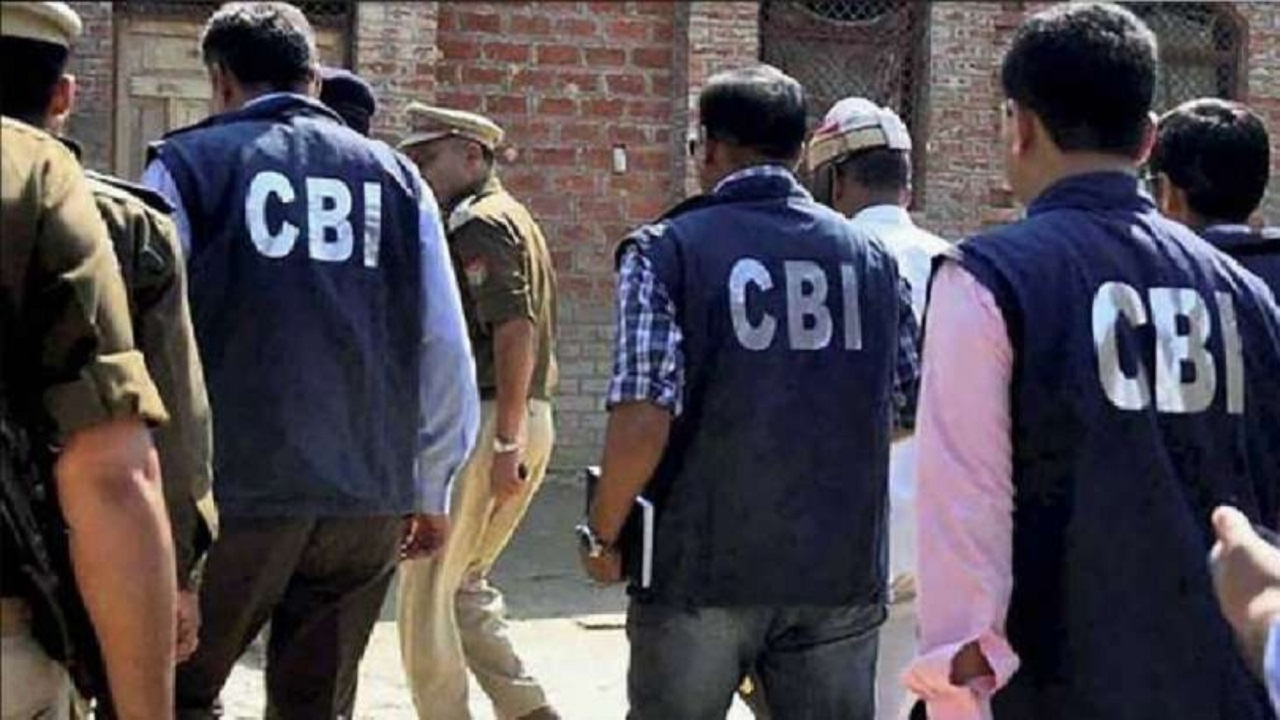CBI’s Power Struggle: Balancing Federalism and Law Enforcement
Context
-
A Parliamentary Standing Committee has recommended enacting a new law to grant the Central Bureau of Investigation (CBI) authority to investigate cases without requiring state government consent.
-
This recommendation comes in response to eight states withdrawing general consent, limiting CBI’s ability to probe corruption and organized crime cases.
Background
-
The Department-Related Parliamentary Standing Committee on Personnel, Public Grievances, Law, and Justice examined CBI’s limitations due to state restrictions.
-
Eight states have withdrawn general consent for CBI investigations:
-
Kerala, Punjab, Jharkhand, West Bengal, Telangana, Meghalaya, Karnataka, and Tamil Nadu.
-
-
All these states are governed by parties outside the BJP-led National Democratic Alliance (NDA).
-
Legal Restriction:
-
Under Section 6 of the Delhi Special Police Establishment (DSPE) Act, 1946, CBI requires state government permission to investigate cases within their jurisdiction.
-
Exceptions exist only when cases are referred by the Supreme Court, High Courts, or the Lokpal.
-
Key Recommendations of the Committee
-
Enactment of a New Law:
-
A separate or new law should be introduced to grant CBI wider investigative powers.
-
The law should allow CBI to investigate cases affecting national security and integrity without requiring state government consent.
-
The views of state governments should be considered while drafting the legislation.
-
-
Addressing Legal Barriers:
-
The new law would eliminate dependency on states for crucial investigations.
-
This will enable CBI to act independently in cases of national importance.
-
-
Lateral Entry for CBI Officers:
-
The CBI faces a shortage of officers due to insufficient nominations from state police forces.
-
The committee recommended that the Department of Personnel and Training (DoPT) introduce lateral entry across various CBI units.
-
Lack of suitable officers for deputation has been flagged as a serious concern affecting operational efficiency.
-
About the CBI
-
India’s premier investigative agency, functioning under the Department of Personnel and Training (DoPT), Ministry of Personnel, Public Grievances, and Pensions.
-
Established in 1941 as the Special Police Establishment (SPE).
-
Renamed as CBI in 1963 by a resolution of the Ministry of Home Affairs.
-
Legal Framework: Operates under the Delhi Special Police Establishment (DSPE) Act, 1946.
-
Director Appointment:
-
Selected by a committee comprising the Prime Minister, Chief Justice of India, and Leader of Opposition (LoP).
-
The process was formalized by the Supreme Court’s Vineet Narain judgment (1997) and later modified by the Lokpal and Lokayuktas Act, 2013.
-
Functions of the CBI
-
Anti-Corruption Investigations: Handles corruption cases involving central government employees and Public Sector Undertakings (PSUs).
-
Economic Offenses: Investigates bank frauds, financial scams, money laundering, and cybercrime.
-
Special Crimes: Deals with terrorism, organized crime, drug trafficking, and human trafficking.
-
Jurisdiction:
-
Can investigate freely in Union Territories.
-
In states, CBI requires state government consent, unless directed by the Supreme Court, High Courts, or Lokpal.
-
-
High-Profile Cases:
-
Can take over cases at the request of state governments.
-
Supreme Court and High Courts can direct CBI to take up investigations in exceptional cases.
-
Conclusion
-
The Parliamentary Committee’s recommendations highlight the need for an independent and empowered CBI that can investigate serious offenses without state-level restrictions.
-
A new legal framework can help eliminate political and jurisdictional barriers, allowing CBI to function more effectively in the national interest.
-
The implementation of lateral entry and streamlining of investigative powers will enhance CBI’s efficiency and credibility in tackling corruption and organized crime.



.jpg)
Comments (0)